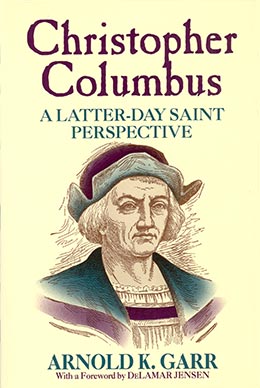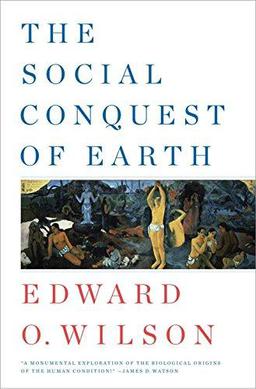Ouroboros
There is no armour against Fate
- Feb 3, 2008
- 15,538
- 12,948
Almost all of McCarthy's work is inaccessible in a sense, I guess. I think a lot of readers tend to struggle with the somewhat plotless nature of his works, and The Passenger doesn't really deviate from that template.The book seems to have gathered mixed reactions from critics. A lot of them calling it "inaccesible". I can't agree with that so far but then I am only like 50 pages in. It seems different from his other works even though he revisits a lot of motives from Outer Dark, NCFOM and Suttree. Its very heavy on dialogue and features a "conspiracy theory narrative" that you would rather expect from Pynchon than McCarthy. Looking forward to read the rest of it.
That said, there are a few sections in this novel that are pretty tough. This won't spoil anything for you, but at one point we're treated to a lengthy treatise on the history of modern physics/quantum mechanics. I simply don't have the technical background to follow that thread to where McCarthy wants to take it. Afraid I also have to agree with much of the critical consensus on the Alicia/Thalidomide Kid dialogues - they get a bit tedious despite their obvious importance.
I agree that we see a lot of the same thematic elements cropping up, but now McCarthy seems to be synthesizing his philosophy on fate, grief, the nature of reality, and what we inherit from previous generation with what he's learned about Quantum Physics and consciousness from his time at the Santa Fe Institue. Much of it picks up on his excellent short essay The Kekulé Problem.
It's a heavy, heavy read. Echoes of Thomas Mann's The Magic Mountain, Kafka's The Trial, Nabokov's Lolita, and even Hamlet. I finished it last night and my head has been spinning ever since.












